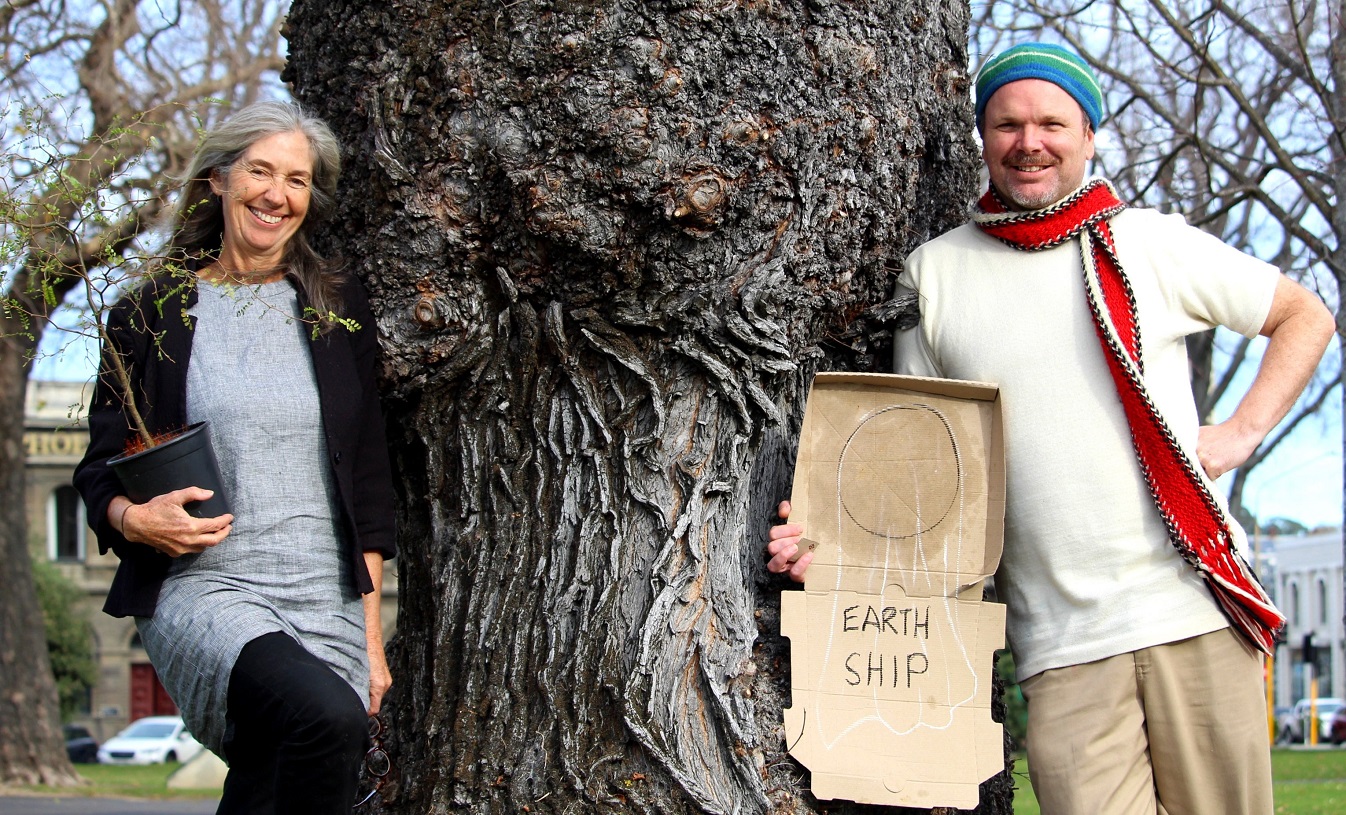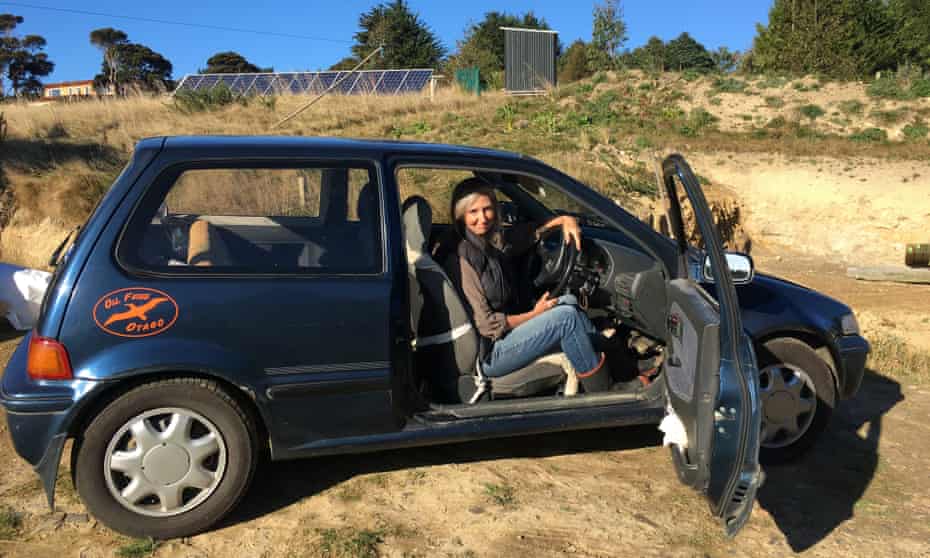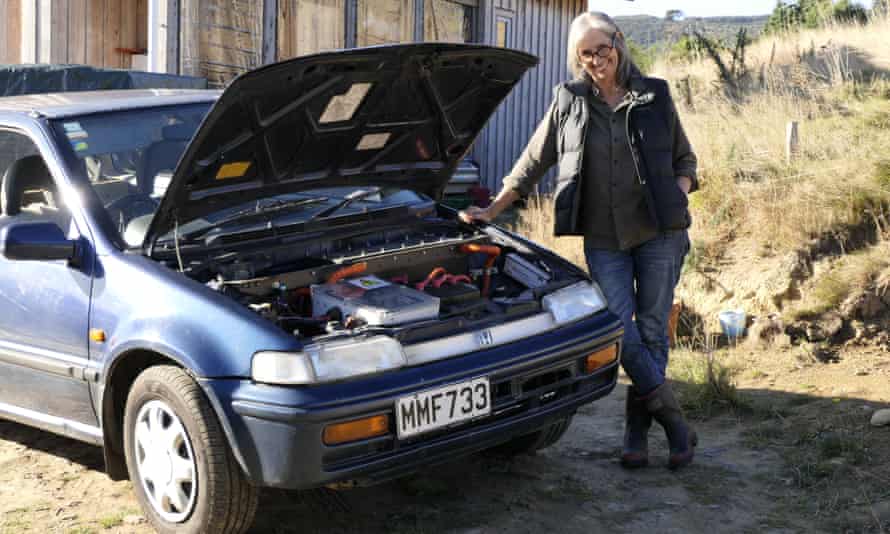Criptic Critic Conscience and Known for it
Sunday, June 26, 2022
Saturday, June 25, 2022
Friday, June 24, 2022
Tuesday, June 21, 2022
Saturday, June 18, 2022
Thursday, June 16, 2022
Degrowth for Regrowth - Day before winter - transform climate change grief art into indigenous tree -
Thursday, 16 June 2022
‘From degrowth to regrowth’

Mr Wells said the aim was to create an artwork using non-toxic materials, for example chalk, charcoal and recycled cardboard, which would then turn into something new — "from degrowth to regrowth".
Ms Penwarden said by burying the artwork under a native tree provided by Extinction Rebellion, people could transform their feelings of grief or sadness about the state of the planet into something positive.
The event will take place from 3pm to 5pm this Saturday at 941 Blueskin Rd, Mount Cargill.
Art materials will be available and pumpkin soup will be offered for those attending.
Link to original article
Tuesday, June 14, 2022
Monday, June 13, 2022
Sunday, June 12, 2022
Saturday, June 11, 2022
De-Growth for Re_growth. Day before winter, Democratic Socialist Social Sculpture - Tao Wells

Would you like to join us for an experiment? Starting at 2pm on Saturday 18 June at 941 Blueskin Road (Rosemary and Derek’s place) - rain or shine - we’re going to transform our climate grief into new life.
Will it work?
Who knows??!!
Come anyway!
Come for the company on a wild Waitati hillside to plant trees and drink hot pumpkin soup/tea/coffee/chocolate etc.
Intros and greetings at 2pm, meet the trees, and we’ll go from there.
If you only want to plant a tree or two with no fussy hippy stuff - welcome!
If you just want to sit around and cry - welcome!
If you want to scream, sing, or be silent - welcome!
If you want to play music - yes please!!
Bring your own message or artwork on biodegradable cardboard or other material. Or not; we’ll have charcoal, chalk and cardboard here.
Look forward to sharing the afternoon with you!
941 Blueskin Road, (on the road to Orokonui)
Ōtepoti/Dunedin
Aotearoa New Zealand
Wednesday, June 8, 2022
Monday, June 6, 2022
Sunday, June 5, 2022
Thursday, June 2, 2022
New Zealand woman creates her own electric car for $24,000
New Zealand woman creates her own electric car for $24,000
Rosemary Penwarden says the vehicle, powered by home rooftop solar, has been running smoothly for three years and has thanked oil companies for the motivation

Fri 27 May 2022 13.36 BST
First published on Fri 27 May 2022 04.15 BSTA New Zealand woman has converted a 29-year-old wreck into a homemade, electric vehicle, “to show it can be done”.
Rosemary Penwarden has been driving her converted vehicle around South Island roads for three years now. The project took her and a friend more than eight months of solid work and tinkering. “You do have to be a little bit mad,” she said. “I want to thank the oil companies for the motivation.”
Penwarden bought a 1993 car body from a wrecker’s, and took the combustion engine out herself. She replaced it with a new gearbox and electric engine, then packed the front and back of the car with batteries – 24 under the hood, and 56 in the boot.
In total the project, including labour, cost Penwarden $24,000 (£12,300). The car is fully signed-off and warranted. After several years on the road, her project recently came to the attention of local reporters.

Refrigeration engineer Hagen Bruggemann, who helped Penwarden convert her car, has now converted about eight cars to electric engines. “You can talk as much as you want about all this environmental crap, but you have to implement it,” he says.
Without free labour, he says converting a car is not a financially viable option for most people – but there’s a strong commercial argument for converting trucks and larger vehicles, where the body tends to be worth much more than the engine. Converting a diesel truck, he says, would pay off within five years. “Really, the polluters should be paying – I don’t see why they’re not,” he says.
A longtime environmental campaigner, Penwarden says the time and money she devoted to converting her car isn’t possible for everyone – “I’m in a very privileged place” – but as the world adapts to the climate crisis, she wanted to illustrate the possibility. She charges the car at her home, which is fully solar-powered.
While Penwarden believes the car will pay itself off – she had once spent up to $100 a week on petrol for commuting – she says it wasn’t a cost-saving exercise and called on the government to support conversions. “Just to be able to show that it can be done is a priceless thing,” she says. “The biggest thing is to help stop the biggest polluters as soon as possible – and nothing that we can do as individuals I think matters quite as much as that.”
… as you’re joining us today from New Zealand, we have a small favour to ask. Tens of millions have placed their trust in the Guardian’s fearless journalism since we started publishing 200 years ago, turning to us in moments of crisis, uncertainty, solidarity and hope. More than 1.5 million supporters, from 180 countries, now power us financially – keeping us open to all, and fiercely independent.
Unlike many others, the Guardian has no shareholders and no billionaire owner. Just the determination and passion to deliver high-impact global reporting, always free from commercial or political influence. Reporting like this is vital for democracy, for fairness and to demand better from the powerful.
And we provide
all this for free, for everyone to read. We do this because we believe
in information equality. Greater numbers of people can keep track of the
global events shaping our world, understand their impact on people and
communities, and become inspired to take meaningful action. Millions can
benefit from open access to quality, truthful news, regardless of their
ability to pay for it.
Link to original article







